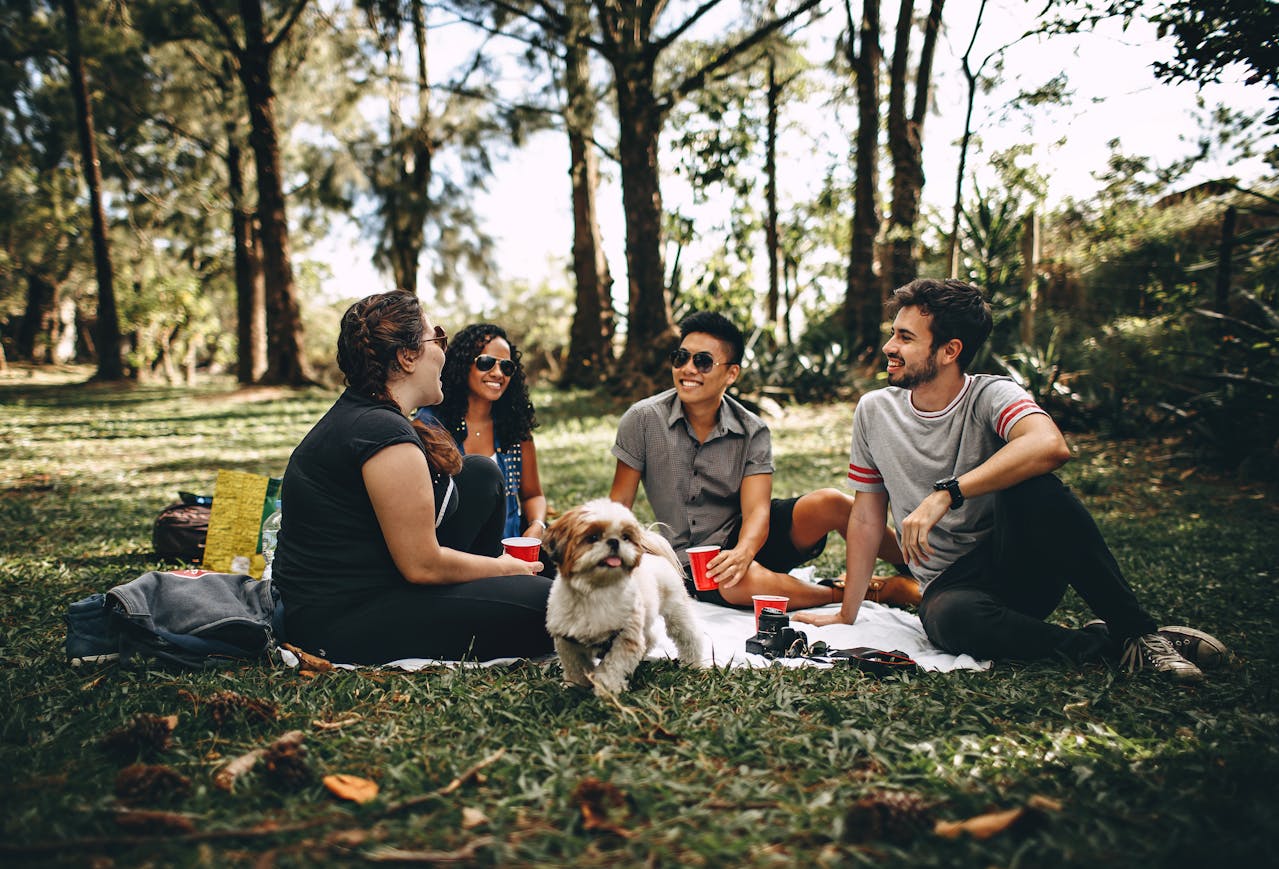As students juggle academics and personal life, the importance of leisure becomes more evident each day. With mounting pressures and endless to-do lists, carving out time for relaxation and enjoyment is not just a luxury, it is a necessity for maintaining mental health and productivity. Finding that sweet spot between studying and socializing can elevate the entire learning experience. Keep reading to explore various methods that facilitate a harmonious balance between work and play, ensuring a more fulfilling student life.
Discovering Mindfulness and Relaxation Techniques for Students

Mindfulness and relaxation techniques are beneficial for students, as they reduce stress, improve concentration, and promote well-being. Mindfulness meditation helps students stay present and aware, reducing anxiety associated with past failures or exams. Deep breathing exercises can be practiced anytime, anywhere, to anchor oneself in the moment and alleviate tension.
Restorative yoga promotes physical and mental benefits by stretching out tension after long periods of sitting and studying. Guided imagery exercises can provide mental escapism, calm nerves, and boost confidence, making them a useful tool for high-stress environments like exams or presentations.
The Role of Physical Exercise in Boosting Student Well-being
Regular physical exercise is crucial for student well-being, regulating mood and supporting cognitive function. Cardiovascular activities like running, swimming, and cycling can help combat stress and lethargy during long study sessions. Structured exercise classes or team sports foster a sense of community and teamwork, developing valuable skills for personal and professional life.
Strength training or yoga provides a meditative escape from academic strain, while outdoor activities like hiking, rock climbing, and kayaking combine fitness with nature, reducing stress and boosting mental health. These activities offer a multifaceted approach to wellness, challenging the body and providing restorative benefits for the brain.
Creative Hobbies That Enhance Cognitive Skills and Relieve Stress
Engaging in creative hobbies isn’t just a break from academics; it boosts cognitive skills too. Painting sharpens coordination and attention to detail, and it is useful in art and science. Whether poetry or journals, writing hones language and offers a therapeutic outlet.
Musical pursuits enhance analysis and memory, linking melodies to math-like thinking. Cooking, like a chemistry experiment, blends creativity with practical skills. Exploring a mystery anime box sparks fresh storytelling perspectives and innovative thoughts. Pottery and tactile hobbies foster calm and a sense of achievement, mirroring students’ growth through creativity and effort.
Psychic Exploration: Opening New Doors
Incorporating online psychic consultation into your routine can offer unique avenues for relaxation and self-discovery. Practices such as meditation, aura reading, and connecting with spirit guides can enhance self-awareness and provide a sense of inner peace. Engaging in these activities allows students to tap into their intuition, fostering personal growth and a deeper understanding of themselves.
Participating in workshops or retreats focused on psychic development can also be beneficial. These immersive experiences teach techniques like grounding, energy protection, and intuitive sensing, which can help manage stress and improve focus. By exploring these alternative methods, students may discover effective tools for maintaining balance and well-being amidst academic pressures.
The Art of Balancing Academic Responsibilities with Leisure Activities

Finding balance between academics and leisure is akin to an art, demanding skillful time management. Allocating dedicated study and relaxation periods, perhaps using methods like the Pomodoro Technique, boosts focus and allows guilt-free leisure. Prioritizing academic tasks while scheduling time for hobbies ensures both success and enjoyment; occasional sacrifices for exams pay off.
Engaging fully in leisure activities, like nature walks amid rigorous respiratory therapy master’s programs, refreshes the mind for effective study. Social connections also play a crucial role. Building relationships through group studies and shared activities fosters academic support and emotional well-being. Integrating responsibility with pleasure cultivates a holistic approach to student life.
Organizing Social Gatherings to Promote Community and Unwind
Social gatherings are crucial for fostering a sense of community among students, providing a platform for unwinding and sharing experiences. Small events like potluck dinners or game nights foster friendships and support, while traditions like meetups or movie nights create a predictable space for relaxation.
Participating in student organizations or interest-based clubs offers a support system and opportunities for personal development. Volunteering for community service projects strengthens community bonds and provides perspective, reminding students of the world beyond campus. It’s essential to keep these gatherings stress-free and manageable.
Overall, the journey through academia doesn’t have to be a solitary or overwhelmingly stressful one. By incorporating mindfulness, creative hobbies, physical exercise, and social interactions into the student lifestyle, one can achieve an equilibrium that not only optimizes performance but also enriches the overall student experience. Embracing these strategies can lead to a more satisfying and balanced path through educational endeavors.